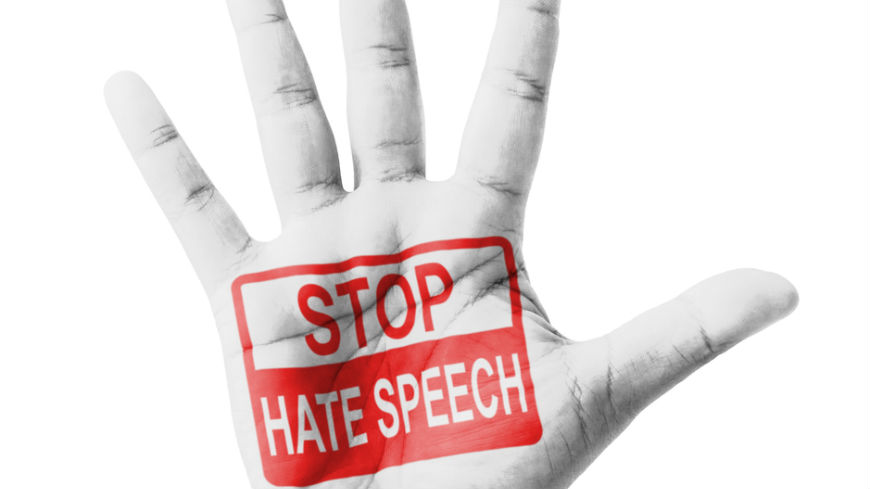A training course for the staff of the Audio-visual Council of the Republic of Moldova on monitoring and sanctioning hate speech has been launched. The training will include four online sessions during the month of April, with the following objectives:
- To familiarise participants with key human rights concepts, including equality, non-discrimination and the links to hate speech.
- To familiarise participants with relevant case law on hate speech, including those of the European Court of Human Rights.
- To develop participants’ competences to monitor, analyse and frame hate speech cases.
The training is based on a guide developed for the use of the Audio-visual Council on tackling hate speech. The guide will be finalised in May, following this training course.
The need for this capacity-building was mentioned in the country monitoring report of the European Commission against Racism and Intolerance (ECRI) on the Republic of Moldova.
This activity is part of the regional project “Strengthening access to justice for victims of discrimination, hate speech and hate crimes in the Eastern Partnership”, funded by the European Union and the Council of Europe and implemented by the Council of Europe in their Partnership for Good Governance II (2019-2021).





